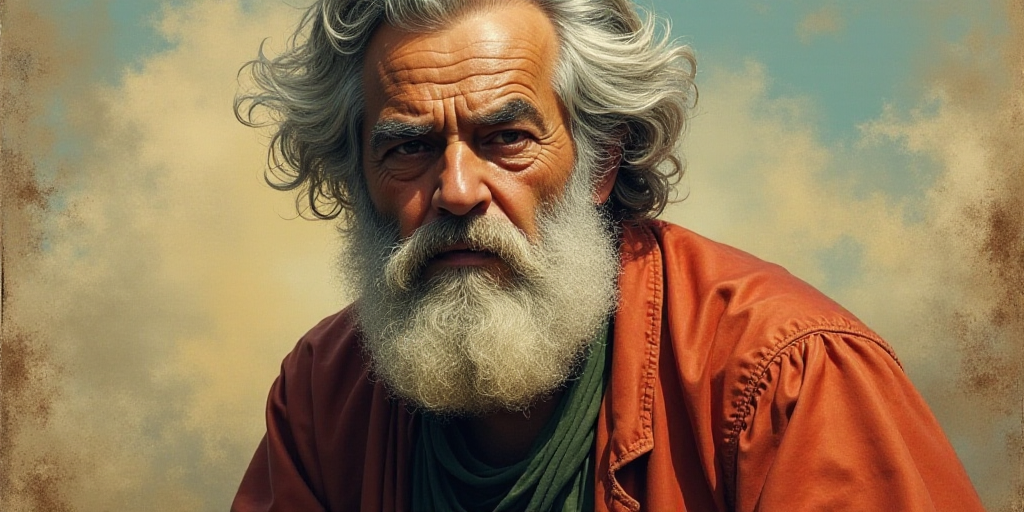Who is José Mujica?
José Alberto Mujica Cordona, better known as José “Pepe” Mujica, is a prominent Uruguayan politician and former guerrilla leader. Serving as the Vice President of Uruguay from 2015 to 2020, Mujica has garnered international admiration for his humble lifestyle and commitment to social justice. His dedication to public service, despite spending 14 years as a political prisoner, has earned him the title of “santo político” (saintly politician) among his supporters.
What is Stoicism?
Stoicism is an ancient Greek philosophy founded by Zenón of Citium in Athens during the early 3rd century BCE. The stoic doctrine emphasizes self-control, reason, and acceptance of the natural world. Stoics believe that individuals cannot control external events but can manage their reactions to these occurrences.
Key Stoic Principles
- Virtue as the sole good: Stoics argue that virtue, or moral excellence, is the only true good for humans. External factors like wealth, health, and pleasure are deemed indifferent.
- Acceptance of fate: Stoics accept the events that occur as part of the natural order, focusing on what they can control – their thoughts and actions.
- Self-discipline: Stoics practice self-control and moderation, avoiding excessive desires and fears.
Mujica’s Stoicism
José Mujica’s life and actions reflect stoic principles. His simple lifestyle, despite having the opportunity to live in opulence as a high-ranking government official, demonstrates his commitment to sobriety and self-discipline. His focus on public service and social justice aligns with the stoic belief in contributing to the greater good.
Modern Interpretations of Stoicism
While Wikipedia offers a comprehensive overview of stoicism, experts like Iker Martínez Fernández provide nuanced interpretations. In an interview with National Geographic, Martínez Fernández explained that stoicism revolves around recognizing the rational nature underlying the universe. He emphasized that a stoic ideal human, or sage, avoids being overwhelmed by excessive desires, irrational fears, or intense pleasures and sorrows.
Humor in Stoicism
Philosopher Pedro González Calero, in his book “Filosofía para bufones” (Philosophy for Clowns), highlights the role of humor in stoicism. He recounts how Filemón, a playwright and follower of Zenón, humorously critiqued the stoic emphasis on self-denial by mocking the idea of voluntary hunger. Another stoic, Crisipo, was known for his love of logical arguments and sophistic play, such as the paradox: “Lo que no has perdido lo tienes; no has perdido los cuernos, por lo tanto los tienes” (What you haven’t lost, you have; you haven’t lost your horns, so you have them).
Key Questions and Answers
- What is stoicism? Stoicism is an ancient Greek philosophy that teaches the development of self-control and fortitude as a means to overcome destructive emotions.
- Who is José Mujica? José Mujica is a Uruguayan politician known for his commitment to social justice and humble lifestyle, reflecting stoic principles.
- How does Mujica embody stoicism? Mujica’s dedication to public service, acceptance of his past as a political prisoner, and simple living style demonstrate stoic values like self-discipline, virtue, and focus on what can be controlled.






